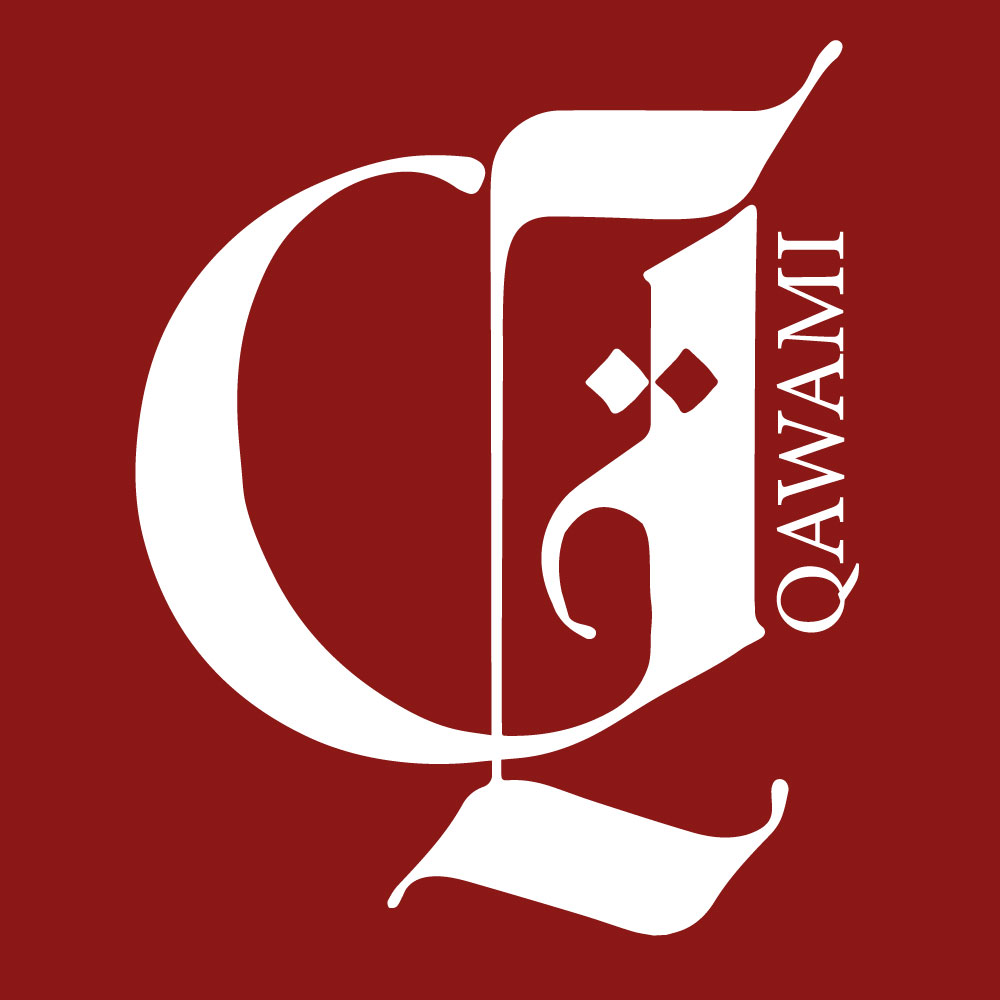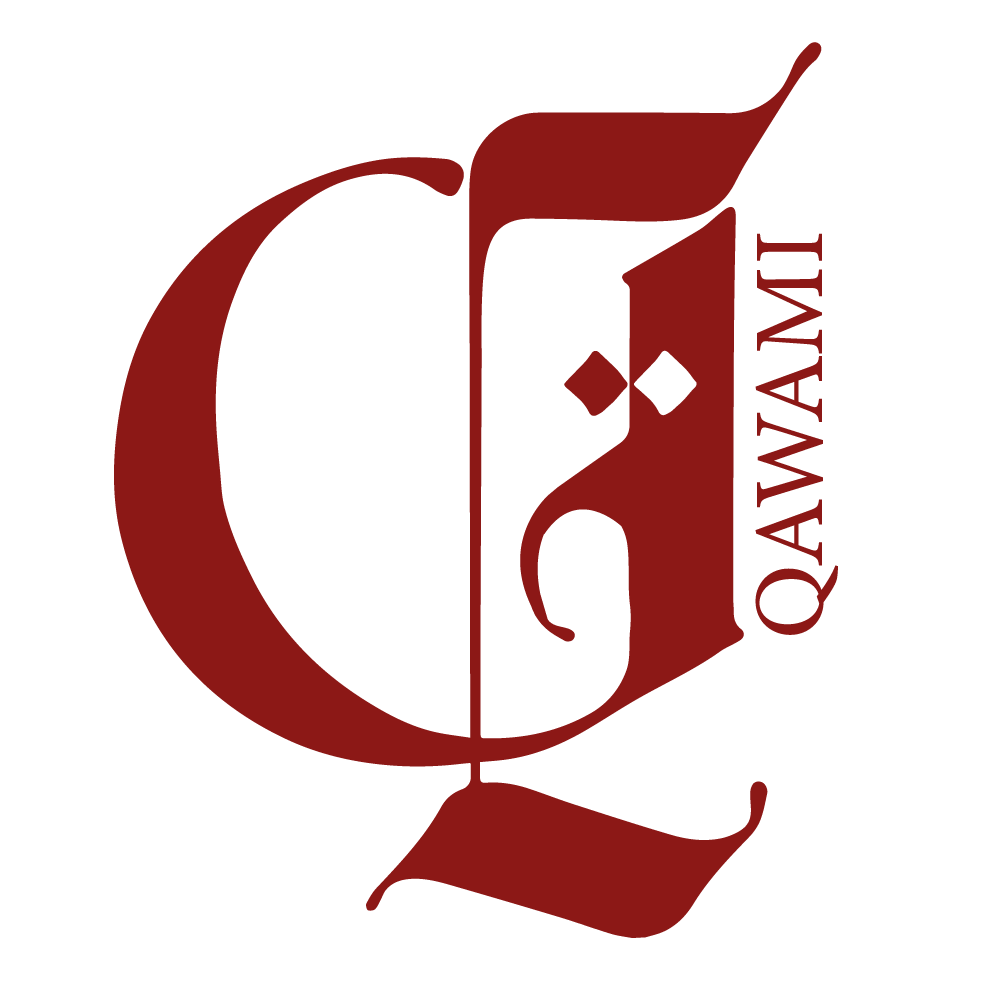Abstract:
Contact or confrontation with European-inspired modernity has led Muslim countries to transform their normative organization, which has generally turned into a positive civil law system. More recently, new forms of normativity have emerged, under the influence of the globalization of modes of governance and, in particular, of the generalization of the use of managerial standards. The use of these standards, which takes the form of indicators and standards, occurs in addition to or in conflict with positive legal rules, in a movement tending to the densification, or even to the normative hyper-densification of contemporary societies. The ambition of the POSEIDONIS program is to observe and describe how, in the areas of security, health and environmental governance, new forms of normativity have imposed themselves in the countries of Muslim North and West Africa, leading them to an increasingly marked alignment with the normative forms of the globalized world.
To achieve its objectives, POSEIDONIS relies on a network of seven European and African partners: LAM (CNRS / IEP Bordeaux), LEPOSHS (UIR Rabat), UMI ESS (CNRS / UCAD Dakar), ISPOLE (UCLouvain), EZIRE (UFA Erlangen-Nuremberg), NIMAR (ULeiden, Rabat), ASCL (ULeiden).
The program will be directed in two directions, one scientific, the other institutional. On the one hand, it will be a question, by working groups, of formulating the relevant questions on the subject of normative transformations in the field of security, health and environmental governance, and of producing synthesis articles and working papers on specific subjects that can serve as the basis for a more ambitious, inclusive and systematic program. On the other hand, it will involve writing an interdisciplinary and international research project that will be submitted to one or more European bodies such as the ERC, as well as laying the groundwork for the creation of an interdisciplinary journal at the intersection of the humanities, the social sciences, and the environment and health sciences.
Résumé
Le contact ou la confrontation avec la modernité d’inspiration européenne a conduit les pays d’Afrique musulmane du Nord et de l’Ouest à un bouleversement de leur système normatif, qui s’est transformé généralement en un système de droit positif de type civiliste. Plus récemment, de nouvelles formes de normativités ont émergé, sous l’influence de la globalisation des modes de gouvernance et, en particulier, de la généralisation de l’usage des normes managériales. Le recours à ces normes, qui prend la forme d’indicateurs et de standards chiffrables, survient en complément ou en conflit avec les règles juridiques positives, dans un mouvement tendant à la densification, voire à l’hyper-densification normative des sociétés contemporaines. L’ambition du programme POSEIDONIS consiste à observer et décrire comment, dans les domaines de la gouvernance sécuritaire, sanitaire et environnementale, de nouvelles formes de normativité se sont imposées dans les pays d’Afrique musulmane du Nord et de l’Ouest, les conduisant à un alignement de plus en plus marqué sur les formes normatives du monde globalisé. Le paradoxe est que cette hyper-densification, censée améliorer la gouvernance des sociétés et de l’environnement, produit des conflits d’interprétation, des alternatives débattables et donc de l’incertitude.



